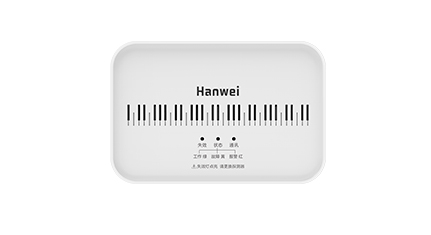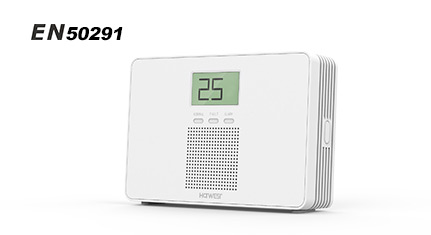Household natural gas alarm–What do you need to know now?
Natural gas is different from CO because it isn’t a by-product. Instead, natural gas can simply leak into a home because a gas stove is malfunctioning or because a natural gas line is leaking. Still, natural gas is frequently called one of the safest and cleanest-burning fuel sources there is. The danger that comes with natural gas leakage is primarily fire and explosion.
Experts say a home natural gas alarm could give homeowners a little peace of mind.
The AC-powered natural gas alarm can be plugged into any standard wall outlet and easily mounted on the wall for ease of use. Detecting natural gas or liquefied petroleum gas, the sensor will sound an alarm and you can easily hear the alarm from any point of view of the house.
View GT Natural Gas Alarm
Natural gas (methane) is lighter than air and will therefore tend to rise when released to atmosphere. Gas alarm location should be at high level.
Liquefied petroleum gas (LPG) is heavier than air and will therefore sink and stay at low level when released to atmosphere. Gas alarm location should be at lower levels (approx 20 cm to 30cm from the floor).
The sensor element in gas alarms will degrade over time, so it’s best to change them every five years, or as per the manufacturer’s instructions.
Share:
Read More
- >>Previous: Why propane gas alarms are getting more popular
- >>Next: How to find the right methane gas alarm for your house







